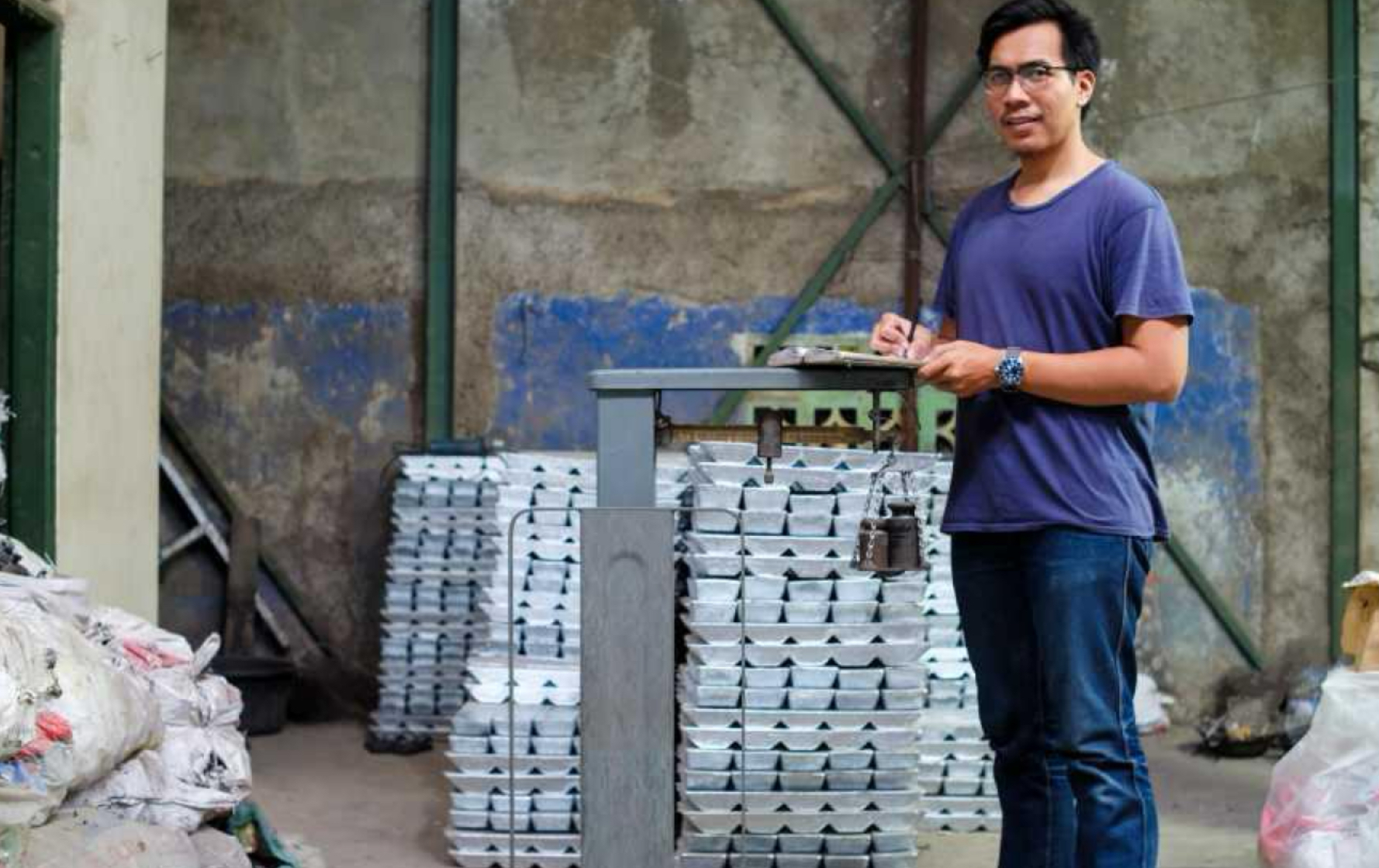Navigating the world of scrap metal recycling can be both profitable and environmentally responsible. Whether you are an individual looking to declutter your garage or a business engaged in metal scrap collection, understanding the multi-faceted process of selling scrap metal is crucial. TThis guide will walk you through each step, focusing on how to maximize your scrap metal profit while learning how to sell scrap metal responsibly within the metal recycling industry.
Understanding Different Types of Scrap Metal
Successful scrap metal trading begins with comprehending the two primary categories: ferrous metals and non-ferrous metals. Ferrous metals, which contain iron, are typically magnetic and include steel and cast iron. Non-ferrous metals, such as aluminum, copper, brass, and stainless steel, do not contain iron and often carry higher scrap metal value due to their rarity and recycling efficiency.
Recycling centers and metal scrap yards often specialize in processing specific metals. For example, companies like Schnitzer Steel Industries and Nucor Corporation handle vast quantities of ferrous metals, while others like EMR Group focus more on sophisticated processing of non-ferrous metals. Knowing exactly what type of metal junk you have facilitates accurate scrap metal sorting, which is essential for obtaining competitive scrap metal prices.
Gathering and Sorting Your Scrap Metal
- Bulk scrap metal is typically collected in scrap metal containers to separate different metal types and prevent contamination.
- If you’re starting out, gather your metal scrap using designated containers for ferrous and non-ferrous metals to streamline the sorting process.
- Proper scrap metal sorting not only increases the scrap metal value but also reduces the complexity during metal scrap processing at recycling centers.
- High-grade metals like copper and aluminum often fetch higher prices.
- Utilizing services like scrap metal pickup services or scrap metal hauling can help manage substantial volumes, especially when dealing with junk metal from construction or demolition projects.
- Companies such as Commercial Metals Company and Sims Metal Management also provide guidance on efficient sorting to maximize ease of processing and economic return.
- Meticulous sorting aligns with eco-friendly recycling practices by minimizing waste and improving recycling rates in the metal recycling industry.
Researching Scrap Metal Buyers and Prices
Before you sell, it’s essential to research local and regional scrap metal buyers and their offered scrap metal prices. Prices fluctuate based on global demand, market trends, and the metal’s condition. Websites of major players like SA Recycling, Alter Trading Corporation, and Metalico, Inc. provide daily or weekly price updates, enabling sellers to time their sales for maximum profit.
Visit several metal scrap yards and recycling centers to compare quotes. Some buyers employ scrap metal brokers who negotiate prices and facilitate trade between sellers and metal processors, adding convenience but potentially reducing your direct profits.
Additionally, some yards specialize in particular metals or offer services like on-site evaluation and immediate payment, which can be highly advantageous for beginners venturing into scrap metal trading.
Preparing and Transporting Metal for Sale
Proper preparation boosts both the ease and value of your scrap metal sale. Removing non-metal materials such as plastic, rubber, or wood from junk metal is critical before arriving at a recycler. This careful cleaning aligns with eco-friendly recycling principles and often improves the scrap metal value.
Once sorted and cleaned, properly package your metals in durable scrap metal containers. For larger quantities, arranging professional scrap metal hauling services can be more efficient. Companies like Oregon Metallurgical Corporation and Alter Trading Corporation offer logistics services that handle transportation, reducing your operational burden and safeguarding the integrity of your scrap metal during transit.
Before shipping, confirm buyers’ acceptance criteria — for instance, some may prefer cut-to-length ferrous metals, while others accept whole appliances or vehicles intended for metal scrap processing.
Negotiating and Completing the Sale
Negotiation is a vital skill in maximizing your scrap metal profit. After presenting your sorted metal to buyers, use your research on scrap metal prices to set a fair asking price. Many scrap metal yards fluctuate prices daily, reflecting commodity markets, so being informed helps in securing the best deals.
Working with reputable entities like Schnitzer Steel, EMR Group, or Metalico, Inc. often guarantees transparent transactions and competitive pricing. If dealing with scrap metal brokers, ensure their commission or fee structure is clear.
Once a price is agreed upon, paperwork typically includes weight tickets, metal scrap processing details, and payment documentation. Payments may be delivered via cash, check, or electronic transfer, depending on the buyer’s protocols.
Completing your transaction marks the final step in your scrap metal trading journey. Remember, engaging in eco-friendly recycling sustains the metal recycling industry’s growth, conserving natural resources while providing economic benefits.





























